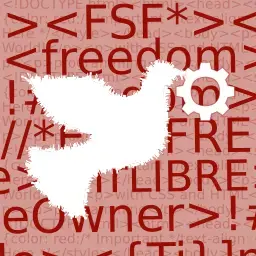

Having services for some rather than none is quintessential harm reduction.
No it’s not. It increases the harm. We have already reached a point where many governments assume everyone is online and they have used that assumption to remove offline services. So people who are excluded are further harmed by the exclusivity as it creates more exclusivity. If a public service cannot be inclusive then nixing it ensures the infrastucture is in place to compensate knowing that the service is not in place.
extremely childish and harmful.
Elitism is extremely childish and harmful. Respect for human rights is socially responsible. It’s the adult stance.
Unified Declaration of Human Rights, Article 21:
“2. Everyone has the right of equal access to public service in his country.”











The elitist idea that it’s okay to exclude people from public service for not having property cannot be framed as “harm reduction” when in fact it fails at that. The people who have mobile phones and subscriptions are the same people who can afford Wi-Fi at home, data plans, etc. These are people who are already served by the private marketplace. You merely give them a convenience at the expense of spending money in a way that marginalises the needy. It’s not just discrimination you advocate – the money is poorly allocated when it should go toward serving precisely those you exclude; the ones underserved by the private sector. By catering for the more privileged you only introduce harm by creating a false baseline that harms the excluded groups even more. Libraries were more inclusive 10 years ago, before they needlessly introduced these SMS-imposing captive portals. And some still are inclusive. Some poorly managed libraries have gone in an exclusive direction and this trend is spreading.
Who? Which library is at #2? Some libraries are entirely inclusive and treat everyone equally. Some libraries have regressed and have no pressure to join the inclusive world. You’re opposing the pressure that’s needed to make them better. That’s not helpful… that just enables the problem to worsen.